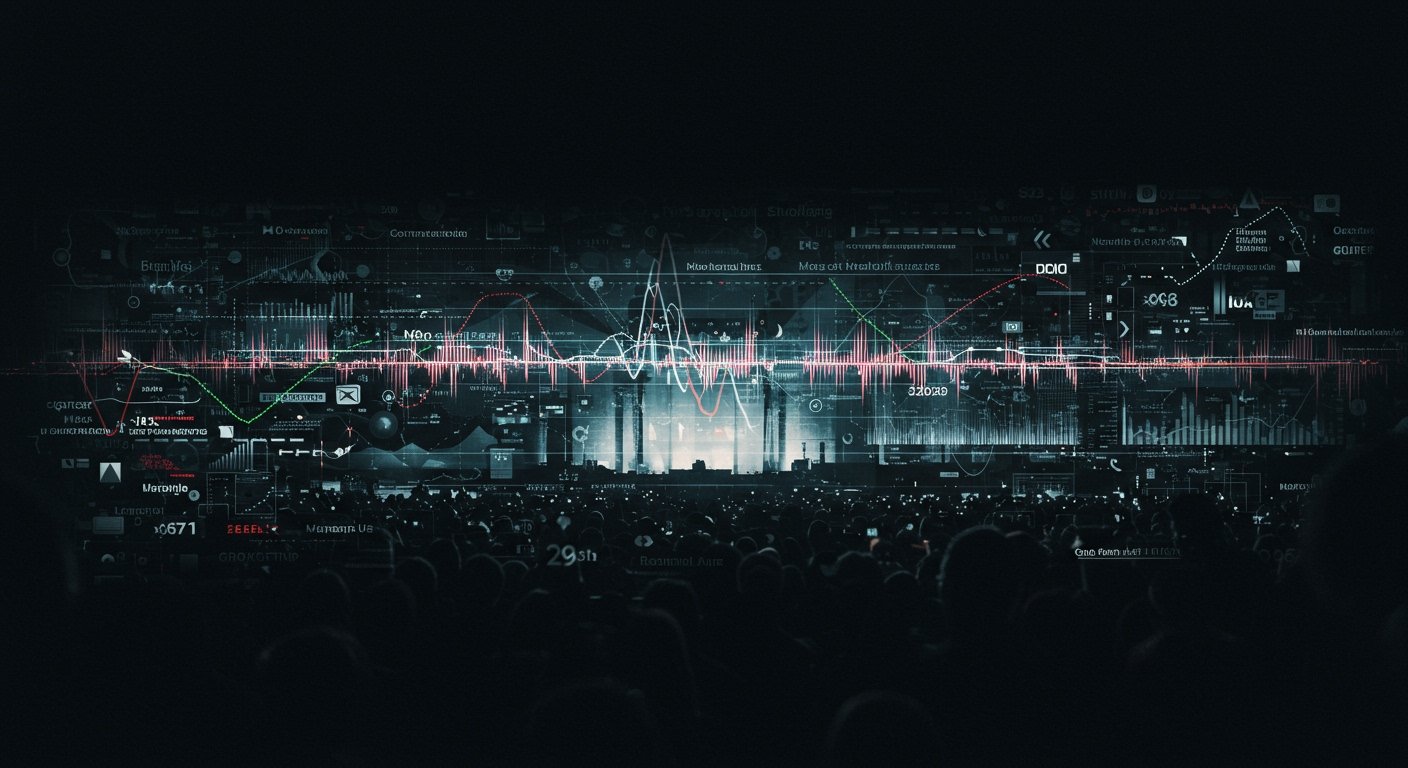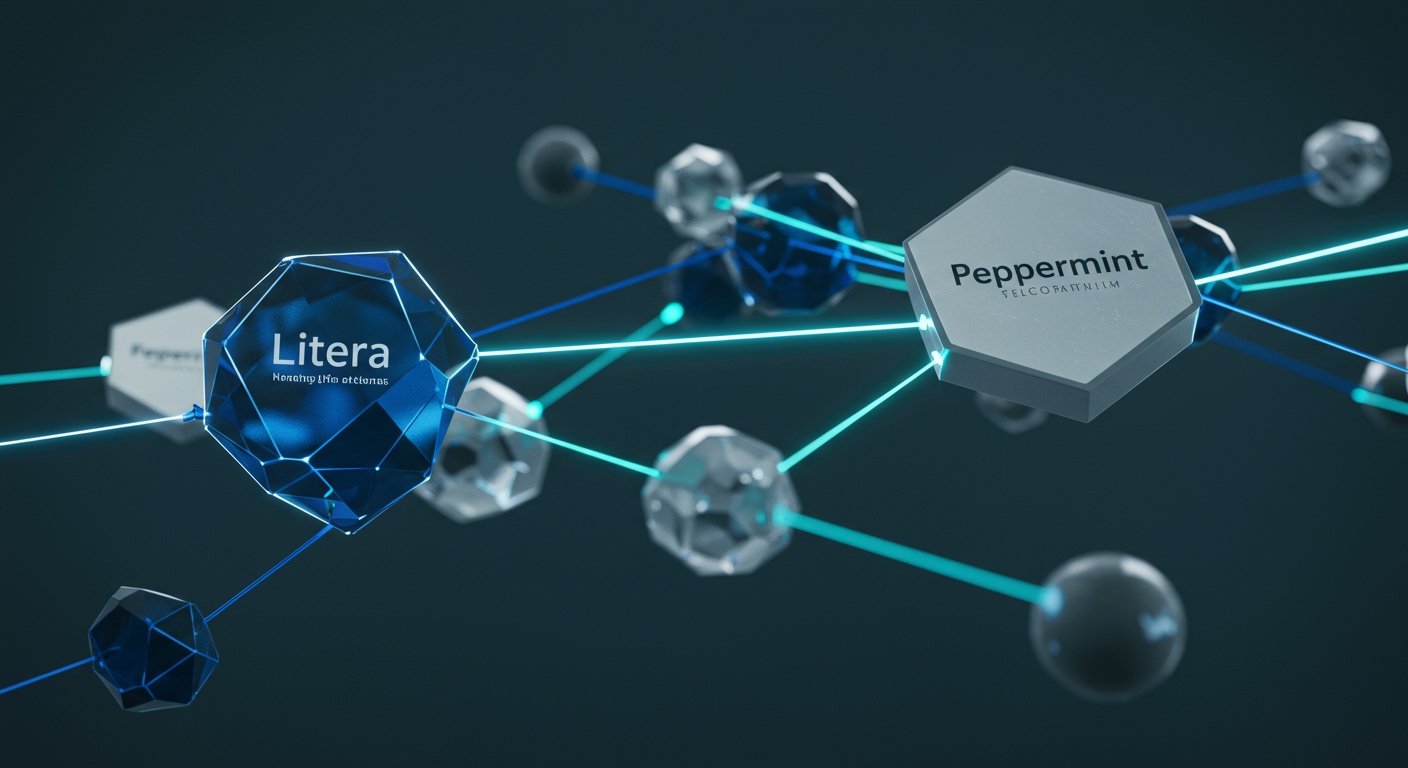Redmond, WA – Microsoft is set to introduce a significant expansion of its cybersecurity capabilities, leveraging artificial intelligence with the planned launch of 11 specialized AI-powered agents. These autonomous digital entities are engineered to proactively defend against the rapidly evolving landscape of cyber threats, capable of identifying and analyzing suspicious emails, blocking attempted hacks, and gathering critical intelligence on the origins of attacks.
This initiative represents a pivotal step in Microsoft’s broader strategy to harness the power of AI in the complex and increasingly challenging fight against cybercrime, aiming to operate at a scale and speed that human analysts alone cannot match.
The New AI Arsenal Takes Shape
The core of Microsoft’s announcement centers on the deployment of 11 distinct AI cybersecurity agents. While specific details about each agent’s precise function were not fully elaborated, their collective mandate covers essential defensive operations. This includes the automatic detection and in-depth analysis of suspicious emails, often the primary vector for phishing attacks and malware delivery. Furthermore, the agents are designed to actively block attempted hacks, disrupting malicious activity before it can cause significant damage. A crucial intelligence-gathering function is also embedded, enabling the agents to collect data that helps trace the origins of attacks, providing valuable insights for attribution and understanding adversary tactics.
The Human Limit vs. AI Scale
The necessity for this AI-driven approach is underscored by the sheer volume and sophistication of current cyber threats. According to Microsoft’s Vice President of Security, Vasu Jakkal, the contemporary hacking environment exhibits “unprecedented complexity.” Jakkal emphasized that the speed and scale of modern attacks have surpassed the capacity of human defenders to keep pace manually.
“The unprecedented complexity of hacking necessitates AI intervention, as humans cannot keep pace,” Jakkal stated, highlighting the critical need for automated systems that can operate tirelessly across vast networks and data streams.
A Deluge of Digital Attacks
The scale of the threat is perhaps best illustrated by staggering statistics from the front lines of cyber defense. Jakkal revealed that Microsoft alone tracked an astonishing 30 billion phishing emails over the past year. This immense figure points to the persistent and widespread nature of one of the most common forms of cyber attack. Accompanying this volume, Microsoft has observed a notable increase in the scale, speed, and sophistication of attacks across various types of cybercrime.
Threat actors are employing increasingly advanced techniques, utilizing automation, exploiting zero-day vulnerabilities faster, and employing deceptive social engineering tactics with greater effectiveness. This accelerating pace makes traditional, manual defensive measures less effective.
Global Concerns Echoed
The urgency of Microsoft’s AI initiative is further validated by assessments from leading global bodies. The World Economic Forum’s Global Risks Report 2025 identifies cyber threats as a major concern on the international stage. The report specifically ranks cyber espionage and warfare as the fifth most severe global threat anticipated within the next two years [1].
This ranking places state-sponsored hacking, intellectual property theft, critical infrastructure attacks, and other forms of digital conflict among the most pressing risks facing nations and economies worldwide. The alignment between Microsoft’s observed threat landscape and the World Economic Forum’s findings reinforces the critical need for innovative and scalable defense mechanisms like AI.
Microsoft’s Broader AI Security Vision
The launch of these 11 AI agents is not an isolated event but part of a more extensive commitment by Microsoft to integrate AI throughout its security offerings. The company is actively investing in AI models and platforms designed to automate threat detection, response, and prevention across its vast ecosystem of products and services, including cloud computing, enterprise software, and consumer platforms.
By leveraging machine learning and AI, Microsoft aims to create a more resilient digital environment, capable of predicting potential threats, learning from past attacks, and adapting defenses in real-time. This strategic pivot towards AI-centric security reflects a growing industry consensus that AI is no longer just a tool for innovation but a fundamental requirement for effective cybersecurity in the 21st century.
Looking Ahead: The AI Defender
The introduction of these 11 AI cybersecurity agents marks a significant milestone in the ongoing technological arms race between defenders and malicious actors. As cyber threats continue to grow in complexity and scale, the deployment of autonomous, intelligent systems capable of operating beyond human limitations offers a promising path forward. While AI in security presents its own challenges, such as the potential for adversarial AI, Microsoft’s move signals a strong belief in its potential to tilt the scales in favor of defense. The effectiveness and future evolution of these AI agents will be closely watched as organizations globally grapple with the ever-present and escalating threat of cyber attack.









